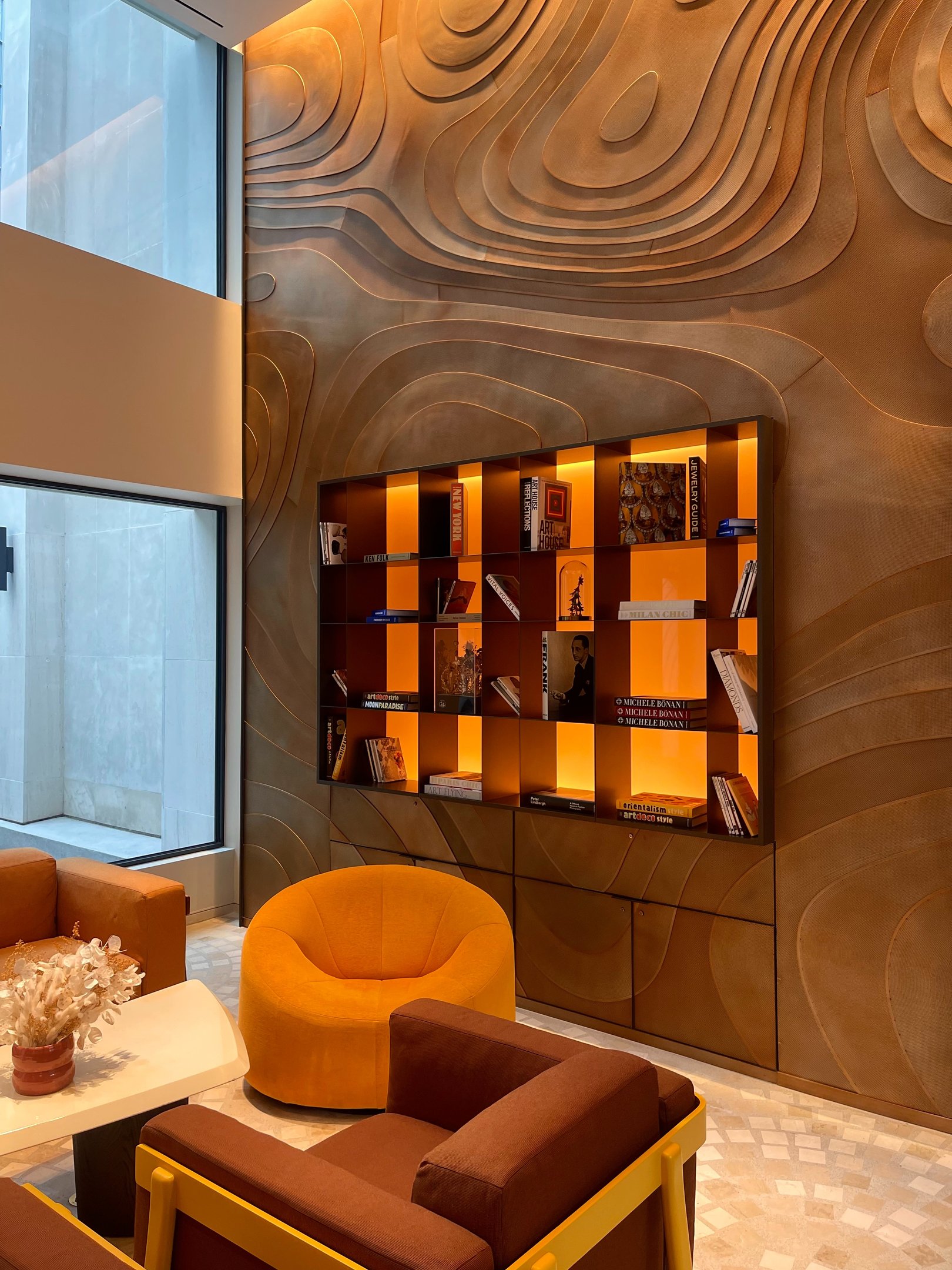Selective Perception in Global Customer Experience: the Cultural Lens
he concept of selective perception at an international level is deeply influenced by cultural differences shaping one’s behavior. In the context of hospitality industry, understanding these subtleties can help design effective marketing campaigns and positive guest experiences. This article is inspired by Global Marketing & Advertising - Understanding Cultural Paradoxes by Marieke de Mooij, the 6 dimensions model by Geert Hofstede and passionate Hoteliers' feedbacks and experience.
HOSPITALITYGUEST EXPERIENCECROSS-CULTURAL
Lamya Valter Schmidlin
5/29/20252 min read


Selective perception refers to the way people selectively react to certain stimuli, interpreting or ignoring information based on their personal, cultural, and environmental filters. As Marieke de Mooij points out, culture shapes how people interpret what they see, what they pay attention to, and how they respond to different stimuli.
To understand how this concept impacts both guest and stakeholders behaviors in hospitality, let’s think about a hotel chain launching a global marketing campaign to attract guests to their 5* hotels. The campaign is designed showcasing a certain iconography, messages, and values that reflect luxury and comfort. The perception of this campaign will vary across cultures due to the selective perception phenomenon, such as:
Visual Elements and Color Perception
In Western cultures, hotel advertisements featuring sleek, modern designs with a focus on minimalism and neutral colors, might be perceived as sophisticated. In China or India, the use of bold colors (like red or gold) is often seen as more luxurious. In these countries, a hotel campaign featuring a more minimalist design may fail to resonate with customers because it does not align with their cultural values around abundance and prosperity.Individual vs Collective Focus
In cultures that score high on the individualistic dimension (Hofstede 6d model - ex: Northern Europe), marketing campaigns in the hospitality industry often focuses on individual luxury experiences, with emphasis on self-care or solo travel. In cultures such as Latin America, the Middle East, or South Asia, this may not resonate. With a general stronger emphasis on social bonding, marketing campaigns that highlight individual experiences can be perceived as less relevant or even off-putting. If a hotel emphasizes family-friendly activities, multi-generational vacation experiences, and communal dining in those regions, the campaign would resonate better because it aligns with cultural values around collectivism.Hierarchical Perception
In some cultures, there might be a preference for informal service interactions. Guests may expect a more relaxed and egalitarian relationship with the front office teams, where the staff may use first names or allow guests to engage in more casual conversation (depending on the brand concept too) even in 5 stars hotels. In contrast, in Asian cultures (such as Japan or Korea), there is a strong cultural emphasis on respect for hierarchy and formality. In these cultures, guests may expect more formal interactions with staff, such as the use of titles and more structured roles in the service process. If a hotel in Tokyo used a Western-style campaign that emphasized informal service, local customers might perceive this as unprofessional or even disrespectful.
The key to understanding selective perception is recognizing that what people perceive is shaped by their cultural upbringing. As illustrate the examples above, in the hospitality industry, this can mean that an advertisement or a hotel’s design might be interpreted completely differently depending on the cultural "lens" through which it's viewed.
Local marketing directors, despite being experts in their respective markets, are also influenced by selective perception, which can lead to the creation of advertisements that don’t always resonate with the target audience. Creative directors, content creators, and website developers often operate on their "cultural automatic pilot", meaning they develop effective communication for their own culture but may struggle to craft messages that resonate in other cultural contexts. Their personal cultural background and experiences shape their approach. This highlights the importance of avoiding over-reliance on personal biases and the need for continuous market research and adaptation to ensure a positive guest experience pre-durind-post stay, lever of sustainable growth.
--
For more insights and talk about this topic, feel free to contact me at lamya@lvsacrosscultures.com or connect with me on LinkedIn here!
Lamya Valter Schmidlin
SO/Paris, captured by Lamya Valter Schmidlin
LVS *AC
Cross-cultural guest experience research
contact
lamya@lvsacrosscultures.com
© 2026. LVS AC - All rights reserved.
